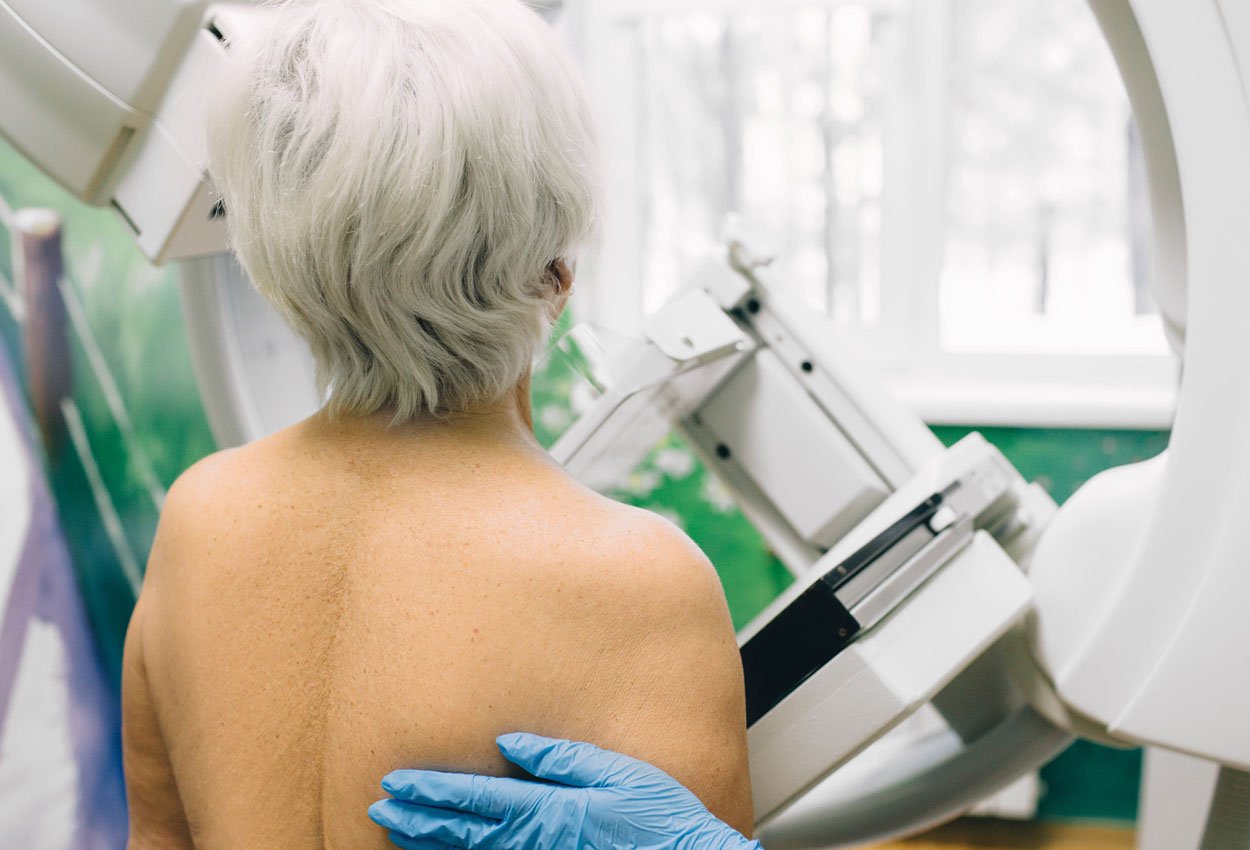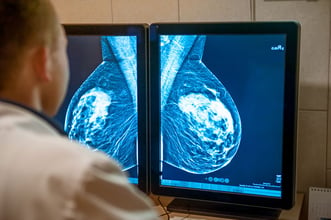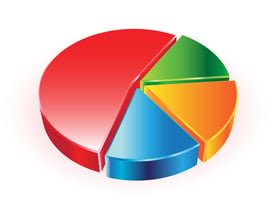
Mammographic screening in the general population has a proven record of decreasing death rates from breast cancer primarily by early detection, whether it's finding cancers smaller and sooner than they would if the woman waited for the tumor to present with symptoms or finding cancers at earlier stages of disease which makes the cancer more likely to be cured and treatable with comparably less invasive and less costly measures
It is well established that a woman’s breast cancer risk increases with her increasing age. The confusion regarding the age to stop recommending or offering mammography is primarily controversial because screening mammography itself has been under attack by many factions regardless of a woman’s age.
Personal clinical experience supports screening older women
The argument put forth by opponents of screening this older population was that the cancers that were found would be insignificant (over-diagnosis of incidental findings that would not become invasive, thus have no effect on the woman’s lifespan) and that surgery and that the treatments would be harsh and cause more harm than good (over-treatment).
 Neither of those scenarios represent my experience. My anecdotal and clinical experience as a breast radiologist for over 25 years has been that there is a clear benefit to screening this population and I have supported continued annual screening mammography for women 75-years of age and older who meet the above criteria.
Neither of those scenarios represent my experience. My anecdotal and clinical experience as a breast radiologist for over 25 years has been that there is a clear benefit to screening this population and I have supported continued annual screening mammography for women 75-years of age and older who meet the above criteria.
As a practical matter for the breast imaging team the issue has always been whether the patient was able to cooperate mentally and physically with the examination. And if so, would she do something about it and would it benefit her to know about a finding that was identified only on imaging and not symptomatic at the time.
While it was reasonable to infer that women would continue to get the same benefits after age 74, the decisive medical literature supporting screening mammography historically did not include women older than 74 years of age (an arbitrary number for research purposes).
Data supports practical experience
 Until recently there was little objective data to support screening mammography for this older age group, thus guidelines were varied by organization (some supporting, others not). The data now supports what our practical experience has told us for years, that unless there is a reason not to screen, women benefit from continued screening mammography after age 74 and better yet that the benefits are even greater than the benefits in general population.
Until recently there was little objective data to support screening mammography for this older age group, thus guidelines were varied by organization (some supporting, others not). The data now supports what our practical experience has told us for years, that unless there is a reason not to screen, women benefit from continued screening mammography after age 74 and better yet that the benefits are even greater than the benefits in general population.
The study that best represents how screening this older population is practical and can be done in a community-based practice setting was published in 2019 by Destounis et al.
The review of this large retrospective review of over 760,000 screening patients resulted in 3,944 screening detected cancers. Their findings were reported for the overall group as well as specifically for the 75-year-old and older age group. Statistically and clinically significant findings were noted:- The 75-year-old and older population accounted for only 10% of the screened population (likely because that age group was routinely being counseled not to screen), but were 16% of the detected cancers.
- The 75-year-old and older group had a much higher cancer detection rate (8.4 cancers per 1000 screened versus 5.8 cancers per 1000 screened in the general population group).
- The cancers were “significant” and actionable disease (82% were invasive).
- Most (79%) were lower grade, stage 0 or 1.
- Low lymph node positive disease (7%).
- And most women had surgical treatment of the tumors (98%) indicating that they were healthy enough to undergo surgical management of their disease.
The take home message is that women 75-years-old and older who are in relatively good health should definitely continue routine screening. Screening mammography in this group (as in the general population) provides the lifesaving benefits of early detection by finding small, early stage, treatable disease.

Connie Jones, M.D., Fellowship Trained, Breast Imaging Radiologist, Author of: “The Breast Test Book: A woman’s guide to mammography and beyond”
